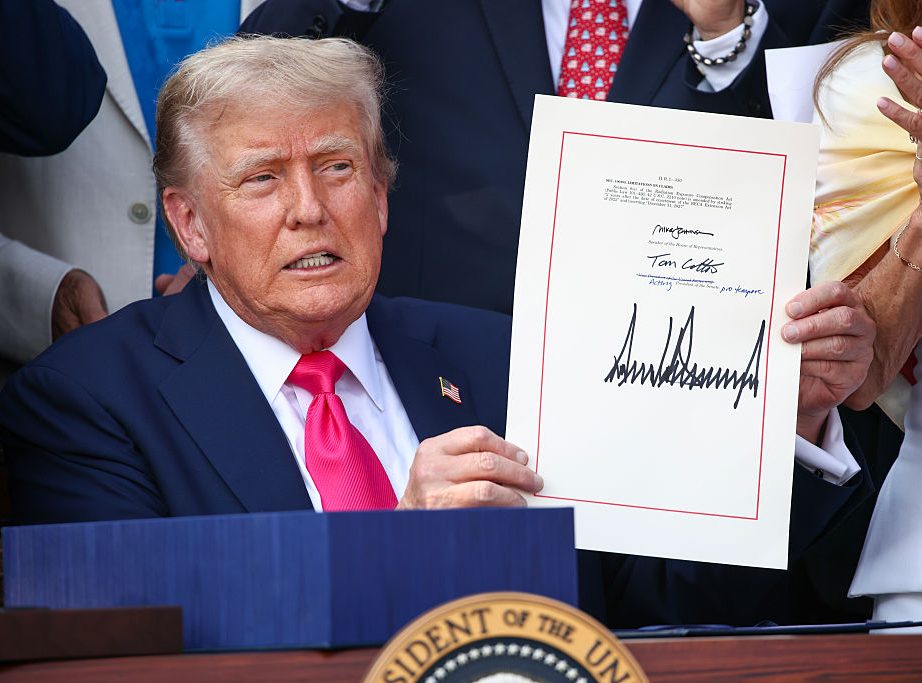How the One Big Beautiful Bill Affects Sports Betting

The One Big Beautiful Bill Act was approved by the U.S. House of Representatives on Thursday and was signed by President Donald Trump for ratification. A change to the betting law included in the bill is alarming the betting community.
The bill would significantly alter the current Internal Revenue Code law, which permits bettors to deduct 100% of losses against gains. Now, the new law stipulates that bettors can only deduct 90% of losses against 100% of gains in any given year. The legislation would become operative on January 1, 2026.
This could lead to situations where bettors who broke even or even lost money on their wagers during the year would have to pay taxes. A bettor who won $100,000 in wagers and lost $100,000, for instance, would only be able to deduct $90,000 from their tax bill, meaning they would pay taxes on $10,000 of their taxable income, even though they would have no money.
Furthermore, even though they did not make money on their bets, a bettor who won $200,000 and lost $210,000 in a year would only be able to claim $189,000 in deductible losses, which would result in a taxable income of $11,000. Deductions are limited by the bill to the amount of gains.
Professional gamblers, such as sports bettors and poker players, may see a significant increase in their tax bill, but most recreational sports bettors may not be impacted as they either lose money or make only small gains from the activity. For instance, a bettor’s taxable profit would rise from $100,000 to $200,000 if they won $1.1 million and lost $1 million in a single year. This would represent a 100% increase from 2025 to 2026, assuming the same financial situation.
The new legislation will have a serious effect on professionals. It will be very difficult to be a professional gambler in the United States. The impact on the poker industry could be devastating. The industry depends greatly on professional players, as does the daily fantasy industry.
One of the first professional bettors to sound the alarm was professional poker player Phil Galfond. He notes that the passage of the new bill might encourage participants to engage more offshore sports betting operations. Similar worries were voiced by Congresswoman Dina Titus of Nevada’s first district, which includes Las Vegas.
Without regulated gaming, bettors are pushed into the black market because of tax disadvantages. Those disadvantages disappear in the black market, since there are no taxes. Titus actually said she may introduce a new bill that adds some modifications for the sports betting industry.
“We commend congressional leaders on the passage of the One Big Beautiful Bill Act,” said the American Gaming Association, the lobbying group for the casino industry. OBBBA’s tax policies that benefit consumers, promote business innovation and investment, and boost U.S. competitiveness greatly improve our industry’s capacity to maintain high-quality jobs and provide economic benefits.”
For now, things remain status quo until the new law kicks in on January 1, 2026.
Luckily for those looking to wager offshore, there are several trustworthy watchdog sites online whose goal it is to keep players aware of scammers and steer them to the top-rated sportsbooks.

















